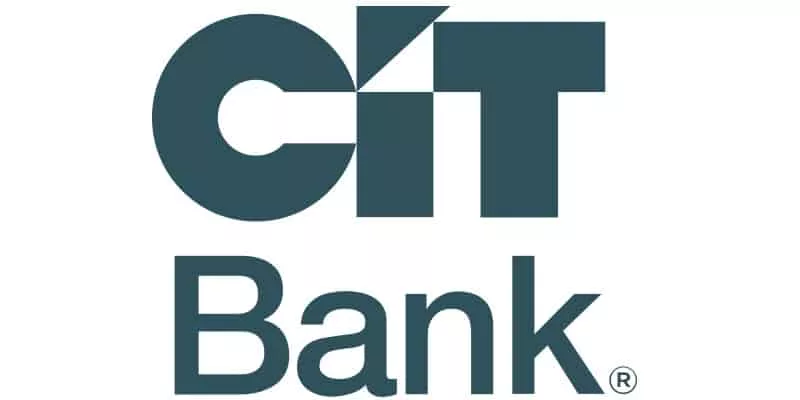Planning a vacation and wondering if you should use your debit card? The answer to this question isn't a simple yes or no.
There are several factors to consider and this video will help you weigh the pros and cons of using a debit card on vacation.
Pros of Using a Debit Card for Travel
- Stay on Budget. When you use a debit card, the transaction occurs instantly, drawing money directly from your bank account. This can help you keep a tight rein on your spending, ensuring you don't go overboard with your vacation budget. You can only spend what's in your account.
- ATM Access. You probably already have the allotted cash you plan on using. But what happens if there's an emergency where you need more cash. Well, having debit card solves that problem.
- No interest fees. Unlike credit cards, debit cards don't charge interest because you're using your own money, not borrowing from the bank. This means you won't return from your vacation to a surprise credit card bill with added interest.
- Zero Liability Protection. As long as you report your card lost or stolen before unauthorized transactions happen, your liability for that activity is $0.
- Carrying Less Cash. Carrying large amounts of cash can make you a target for theft or robbery. With a debit card, you only need to carry a small amount of cash for minor expenses.
Cons of Using a Debit Card for Travel
- Foreign transaction fees. Some banks charge a foreign transaction fee every time you use your debit card abroad ranging from 1% to 3% of the amount of an in-person purchase or ATM withdrawal.
- Theft. If your debit card is stolen, the thief has direct access to your bank account, and getting that money back can be a lengthy process. Skimming devices can also present a problem. They can be attached to ATMs to steal your card information.
- Lack of Rewards. Debit cards don't typically offer rewards like earning airline miles or hotel points. There are a few exceptions like the OneUnited debit card that offers account holders 20% discount on over 800,000 hotels worldwide.
Average travel cost for a vacation
It would be ideal to carry a credit card due to their often better fraud protection, travel benefits, and rewards programs.
But according to USA Today, the average cost of travel for a week-long vacation for two people is $1,040 and that does not include food, activities, and souvenirs while on vacation.
Travel expenses rack up fast so there may be a need to use a debit card.
5 Best Practices for Debit Card Use While Traveling
Notify Your Bank: Inform your bank about your travel plans, including the dates and destinations. This helps prevent transactions from being flagged as suspicious and potentially blocked due to unusual activity.
Check for ATM Fees: Be aware of the fees associated with using ATMs abroad. Your bank may charge a foreign transaction fee, and the ATM operator may also charge a fee. Research banks or ATM networks that offer lower or no fees for international transactions.
Set Up Account Alerts: Activate transaction alerts for your debit card. This way, you'll receive notifications for every purchase or withdrawal, allowing you to quickly identify any unauthorized activity.
Monitor Your Account Regularly: Check your account balance and transaction history frequently through online banking or mobile apps. This helps you detect any fraudulent activity promptly and report it to your bank.
Carry a Backup Payment Method: Don't rely solely on your debit card. Bring a backup payment method, such as a credit card or a small amount of cash, in case your debit card is lost, stolen, or not accepted.

Bottom Line
Using a debit card on vacation has its advantages, like immediate transactions, no interest fees, and universal acceptance. But it also has its drawbacks, including less fraud protection, potential foreign transaction fees, and fewer rewards.
Before you pack your bags and jet off, take time to consider these factors and decide what's best for your travel needs.
It's all about making smart, informed decisions to ensure your vacation is as enjoyable and stress-free as possible.
Safe travels!














